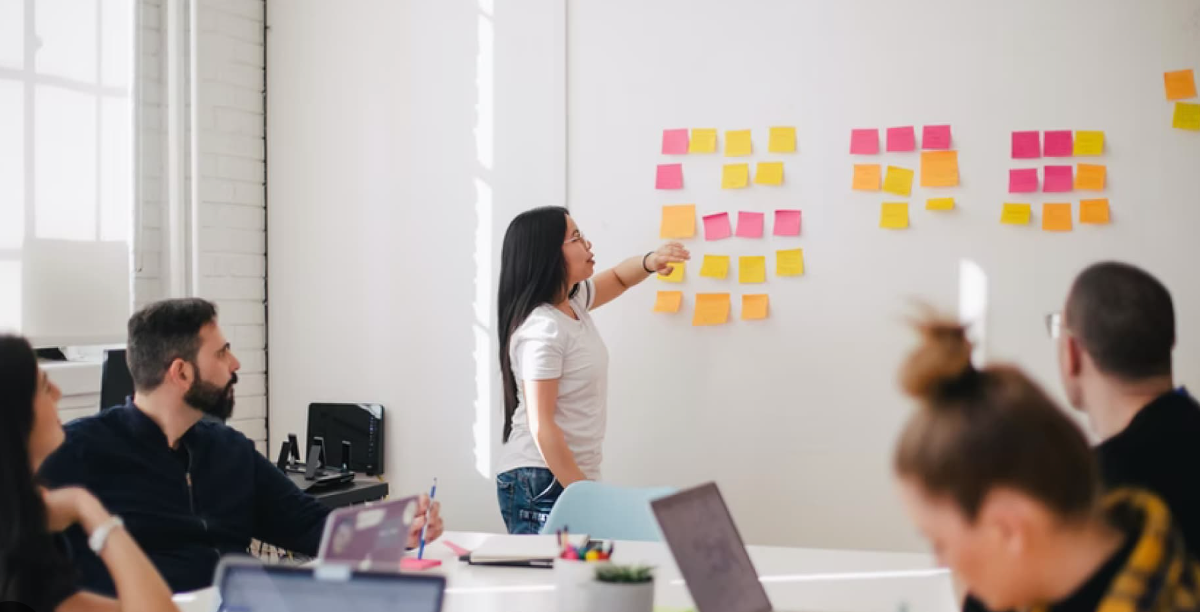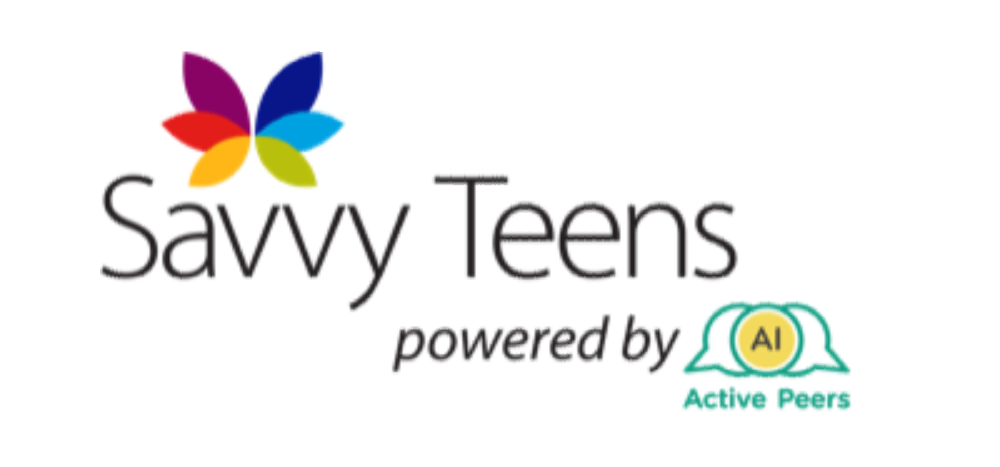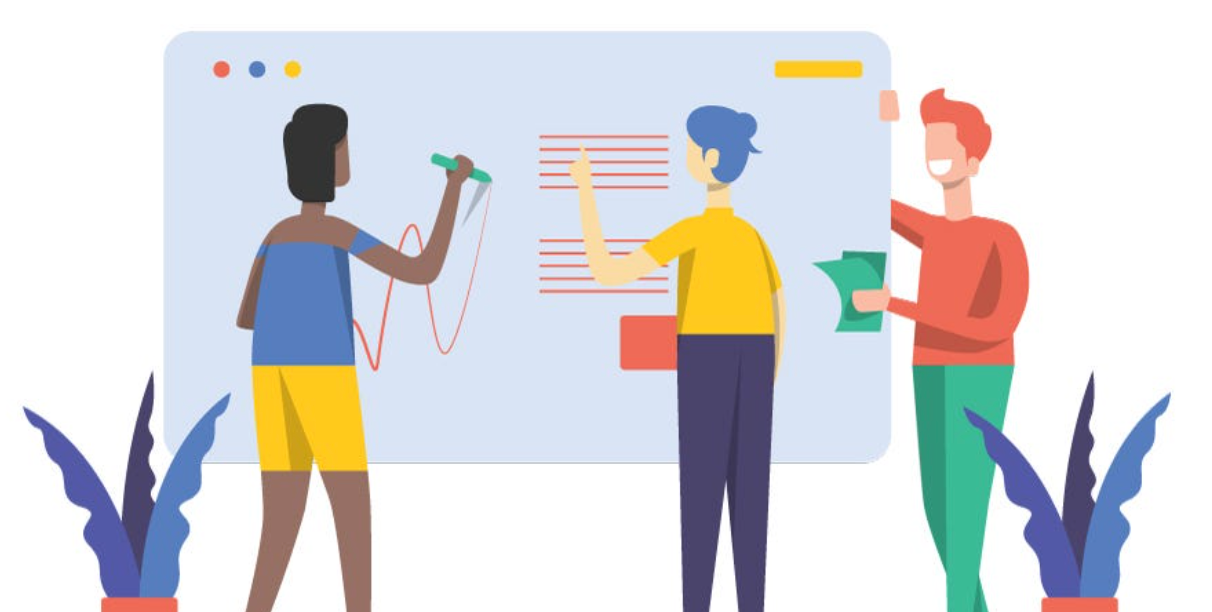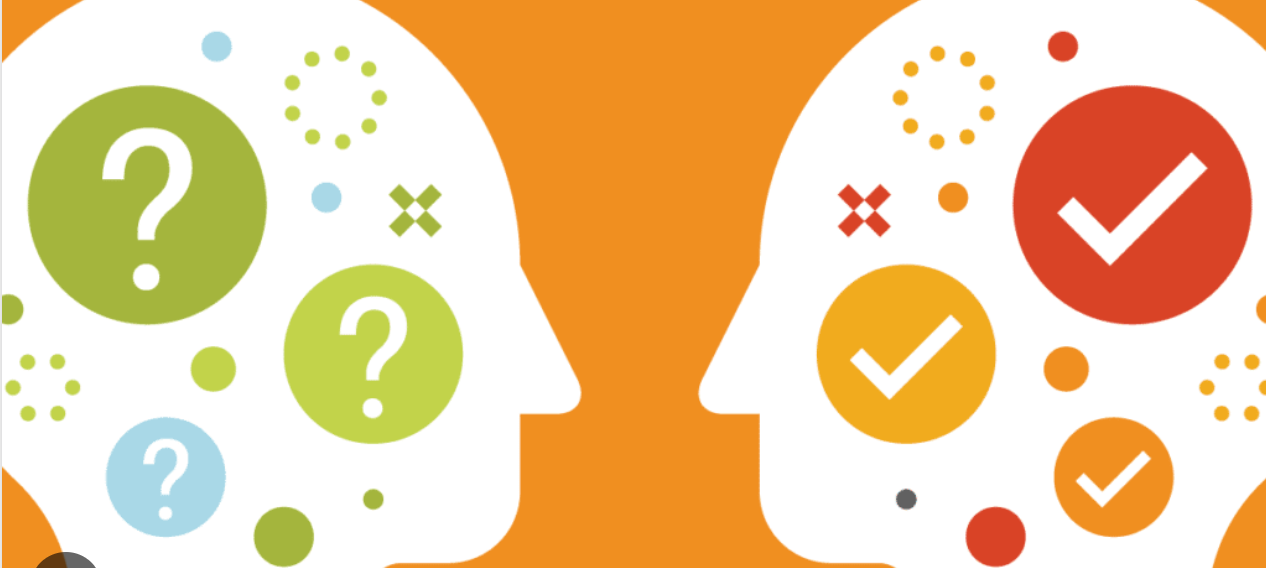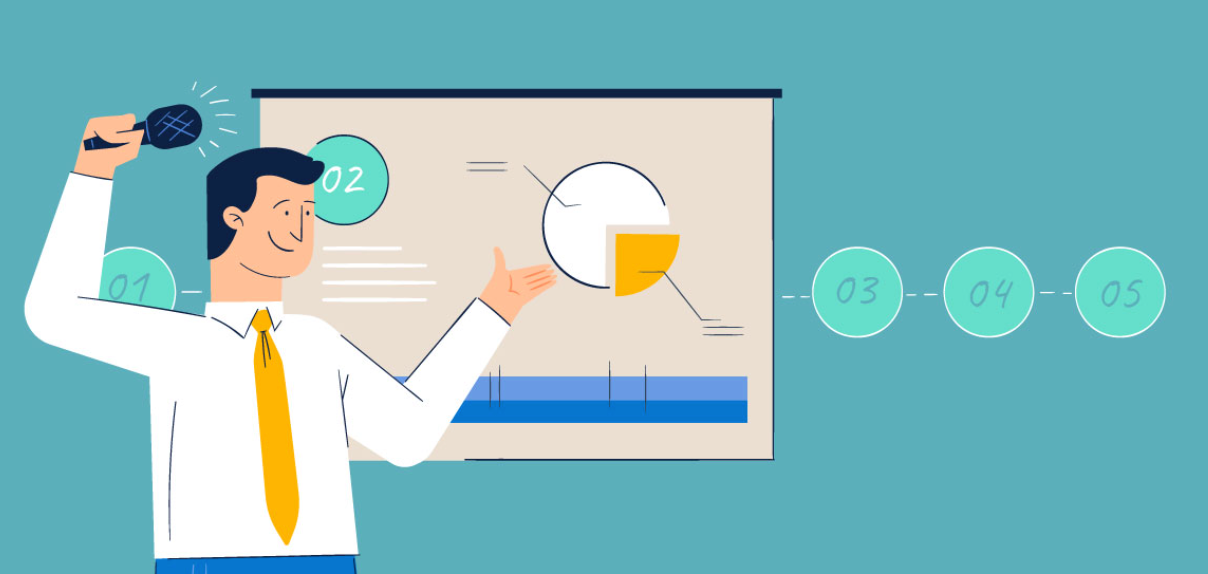Exploring Work Experience: Common Questions Asked by 16-Year-Old Students
Work experience offers an invaluable opportunity for 16-year-old students to gain practical insights into the world of work. As they embark on this important learning journey, it's common for students to have questions and seek guidance. In this blog post, we will explore a list of questions typically asked by 16-year-old students during work experience and provide insightful answers to help them navigate this exciting phase of their lives.
1. What should I expect during my work experience?
During work experience, you can expect to observe and participate in various aspects of the workplace. This may include shadowing employees, assisting with tasks, attending meetings, and gaining exposure to the company's culture and daily operations. It's an opportunity to learn, ask questions, and gain hands-on experience in a professional environment.
2. How can I make the most out of my work experience?
To make the most of your work experience, approach it with enthusiasm, curiosity, and a willingness to learn. Take initiative, ask questions, and seek feedback from your supervisors. Observe and learn from experienced employees, and take note of the skills and knowledge they demonstrate. Use this opportunity to explore different roles, industries, and gain insights that can help shape your future career decisions.
3. What skills can I develop during work experience?
Work experience provides a platform to develop various transferable skills, such as communication, teamwork, problem-solving, time management, and adaptability. You will also have the opportunity to enhance industry-specific skills, depending on the nature of the work you engage in. Embrace every task as a learning opportunity and actively seek to improve your skills throughout your experience.
4. How can I demonstrate professionalism during my work experience?
Demonstrating professionalism is essential during work experience. Arrive on time, dress appropriately, and maintain a positive attitude. Follow workplace rules and protocols, respect confidentiality, and prioritise your responsibilities. Actively listen and show respect to colleagues and superiors, and communicate effectively and professionally.
5. What are the potential career paths in this industry?
During your work experience, take the opportunity to explore different roles within the industry. Engage with professionals from various departments and ask about their career paths. Gain insights into the qualifications, skills, and experiences required for different roles. This exploration can help you make informed decisions about your future career choices.
6. How can I build professional relationships during work experience?
Building professional relationships is crucial for future career success. Be approachable, friendly, and respectful to colleagues. Seek opportunities to network, engage in conversations, and ask for guidance or mentorship. Express your gratitude for the opportunity to learn from experienced professionals and maintain contact with them even after your work experience ends.
7. How can I use work experience to discover my passions and interests?
Work experience is an excellent opportunity to explore different industries and job roles. Pay attention to tasks and projects that pique your interest, and reflect on the aspects of work that you find fulfilling. Ask yourself what you enjoy doing and what aligns with your skills and values. Use this insight to help shape your future educational and career choices.
8. How can I make a positive impression and stand out during my work experience?
To make a positive impression, demonstrate a strong work ethic, be proactive, and show enthusiasm for tasks assigned to you. Display good communication skills, ask thoughtful questions, and seek feedback to continuously improve. Be reliable, punctual, and exhibit a willingness to take on additional responsibilities when appropriate.
9. How can I overcome challenges or difficult situations during work experience?
Challenges and difficult situations are part of the learning process. Approach them with a growth mindset, seeking opportunities for growth and improvement. Seek guidance from supervisors or colleagues when faced with challenges, and use their feedback to adapt and overcome obstacles. Embrace resilience and perseverance, as they are vital skills for success in any career.
10. How can I leverage my work experience for future job applications or college applications?
Work experience provides valuable content for future job or college applications. Reflect on the skills, knowledge, and experiences gained during your work placement. Highlight specific achievements or projects you were involved in. Additionally, seek references or recommendations from your supervisors, as they can provide valuable insights into your abilities and work ethic.
Work experience at the age of 16 offers an exciting opportunity to explore different career paths, develop essential skills, and gain insights into the world of work. By asking questions, actively participating, and demonstrating a strong work ethic, you can make the most of your experience. Embrace this opportunity for personal growth, discovery, and the building of a solid foundation for your future career endeavors.

